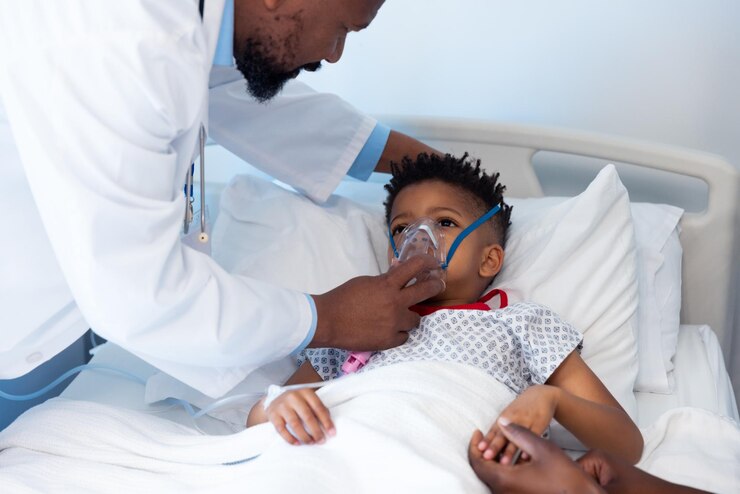In 2024, the United States experienced a significant resurgence of whooping cough, or pertussis, with reported cases exceeding 16,000, more than four times the number recorded in 2023. This alarming increase is linked to a disturbing trend, dropping vaccination rates across the board. And as you may expect, public health officials nationwide are concerned.
“We have clear indication that our vaccine rates are falling,” Dr. Sapna Singh of Texas Children’s Pediatrics in Houston, TX said in a recent interview with NBC News. “Look at the West Texas measles outbreak.”
Dr. Singh continued stating that the disease can be extremely dangerous, even life-threatening for babies and smaller children. “They’re unable to catch their breath,” said Dr. Singh. “They’re fighting for air. They’re fighting to breathe.”
Dr. Molly O’Shea, a spokesperson for the American Academy of Pediatrics added, “I had a patient this year who broke two ribs coughing. We had an infant who coughed so hard that they ended up with a pneumothorax, (a collapsed lung). That’s essentially when your lung pokes a hole out of itself and air starts collecting outside the lung.”

What is Whooping cough?
According to the Centers for Disease Control, “whooping cough, or pertussis, is a highly contagious respiratory illness caused by the bacterium Bordetella pertussis. It’s characterized by severe paroxysmal coughs, often with a “whoop” sound, and can cause paroxysmal coughing.”
The CDC recommends a series of vaccinations to protect against pertussis. However, those vaccination rates are dropping, resulting in a surge of 8,064 reported cases of whooping cough reported in the U.S., as compared with 3,835 for the same time in 2024.
Several states have reported significant increases in pertussis cases and those numbers are continuing to rise.

What can parents do to help prevent the spread?
First and foremost, make sure that children are vaccinated along a proper vaccination schedule. Babies should get their first vaccination around 2 months. Preteens should get their booster vaccine around 11 or 12 years of age. Pregnant women should vaccinate as well as it helps transfer protective antibodies to the baby before birth. And, as with any disease, avoid sick individuals and always practice good hygiene.